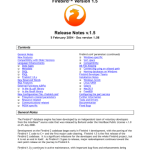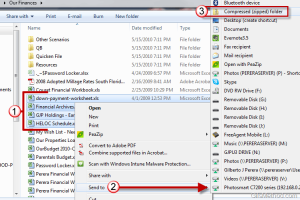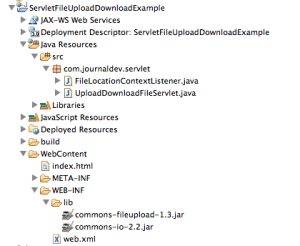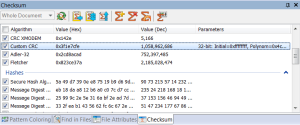Table of Contents
Over the past week, a number of readers have informed us that they have encountered a memory leak compiled with regular expressions.
Updated
After seeing your code, I can already recommend using a combined regex rather than two. About us:
Regex equals regex new Regex ( @ " b (?:" + s1 + in "+ s2 +" | "+ s2 +" "+ s1 + @") b ", RegexOptions.IgnoreCase);
Note that captains of the + series are converted into one call to String.Concat (params string []) . Having only 2 to parts, 4, it won’t even create an ephemeral array, since there will be more chemical overloads of Concat in that case. Join always uses a temporary trust array and should also help you take care of the delimiter string, even if it is empty.
Another thing to look forward to is to train your program in debug mode. A sample of this Keywords directory will remain online until the function makes it available. I highly recommend limiting the lifespan and cleaning other items as soon as possible. Maybe something like keywordArray;Use the following:
string [] (StreamReader keywordsFile = new StreamReader ("keywords.txt")) List Keywords = List for beginners (); string keyword;while = ((keyword keywordsFile.ReadLine ())! equals zero) Keywords.Add (keyword); keywordArray is the same as keywords.ToArray ();
string [] keywordArray = File.ReadAllLines ("keywords.txt"); Internally // uses the above code
However, it seems to me that you are loading your huge streaming file into memory, as the correct set is a bad opinion. If you could deserialize one FeedItem at a time and return it from any good iterator method, it would take a lot less memory. Then all you have to do is change the algorithm to extend the loop on wire-wired elements such as the outermost loop.
import com.google.j2objc.annotations.AutoreleasePool;import java.util.regex. *;Nice try @AutoreleasePool individual static vacuum test () Pattern.compile (" s"). Matcher ("ab cd"). Replace All (""); public static space main (String [] args) and much more (true) Test();
We and our partners store and / or access special functions on the device, such as cookies, not to mention the processing of personal data such as content, the audience and measurement of information, as well as for the development and improvement of products.
regcomp (regex.h) – is this also needed to free memory?
Hello
I have your question about #include regular expressions
and background” expression and allocates memory for the compiled RE. Optionally, you can free this memory with if regfree (), which you no longer have> * the same regex_t * structure relative to regcomp (), I must first call regfree ()
to free memory affected by inheritance compiled RE, or can I just call
regcomp ()) while it frees or reallocates that memory (so it doesn’t leak anyway)?
– Sincerely, Jaroslav Rafa
***@ap.krakow.pl
–
Spam, Wirusy, spyware … masz doÅ ›Ä ‡? Jest alternatywa!
http://www.firefox.pl/ — http://www.thunderbird.pl/
Shibzei. atwiej. Bezpieczniej. Internet at Jak Lubisz.
FoundingUsing this example from the programming documentation, it looks like your
family could use the same regex_t instance for several peak hours before releasing it:
#include
#include
#define BUFSIZE 256
char means * the string “This is the hello112 test area, and this is
test”;
/ * This is the original string to match * /
int retval;
regex_t re;
char buf [BUFSIZE];

for (i = 0; i <2; i ++)
retval is equal to match (string, pattern [i], & re);
if (retval == 0)
printf (“The match belongs to n”);
else
regerror (retval, & re, buf, BUFSIZE);
printf (“error =% s n”, buf);
regfree (& re);
}
int match (char * string, char * pattern, regex_t * re)
int status;
if ((status = regcomp (re, tendenz, REG_EXTENDED))! = 0)
return (status);
status = regexec (re, string, three, NULL, 0);
return (status);
Footballtl Post
Based on this example policy docs, it looks like you can
Contribution footballtl
int match (char * string, char * pattern, regex_t * re)
int status;
if ((status = regcomp (re, pattern, REG_EXTENDED))! = 0)
return (status);
status = regexec (re, string, 0, NULL, 0);
return (status);
Hmm … What is this document (for all operating systems)?
On Solaris I have another example inmanual. The match ()
function looks like this:
#include
/ *
* Extended exact regular expression string in
* Match pattern, errors are treated as mismatches.
*
* 1 refund for correspondence, 1 for inaccuracy
* /
int
match (const char * string, char * pattern)
int status;
regex_t re;
if (regcomp (& re, pattern, REG_EXTENDED
This compiles the RE, optionally compares it, and then frees it. But in fact it should run “again”,
because what follows is a local variable and is therefore destroyed after the
function returns …
So the question is still not resolved for me. ..
– Sincerely, Jaroslav Rafa
***@ap.krakow.pl
–
Spam, Wirusy, spyware … masz doÅ ›Ä ‡? Jest alternatywa!
http://www.firefox.pl/ — http://www.thunderbird.pl/
Shibzei. atwiej. Bezpieczniej. The Internet takes Yak Lyubish.
I finally found the answer! This is explicitly stated in the GNU C Library Reference
(this is where I found it:
http://www.sunsite.ualberta.ca/Documentation/Gnu/rx-1.5 /html_chapter/rx_4.Should html):
You always free our own space in the regex_t structure next to regfree
before using the structure S to compile another current expression.
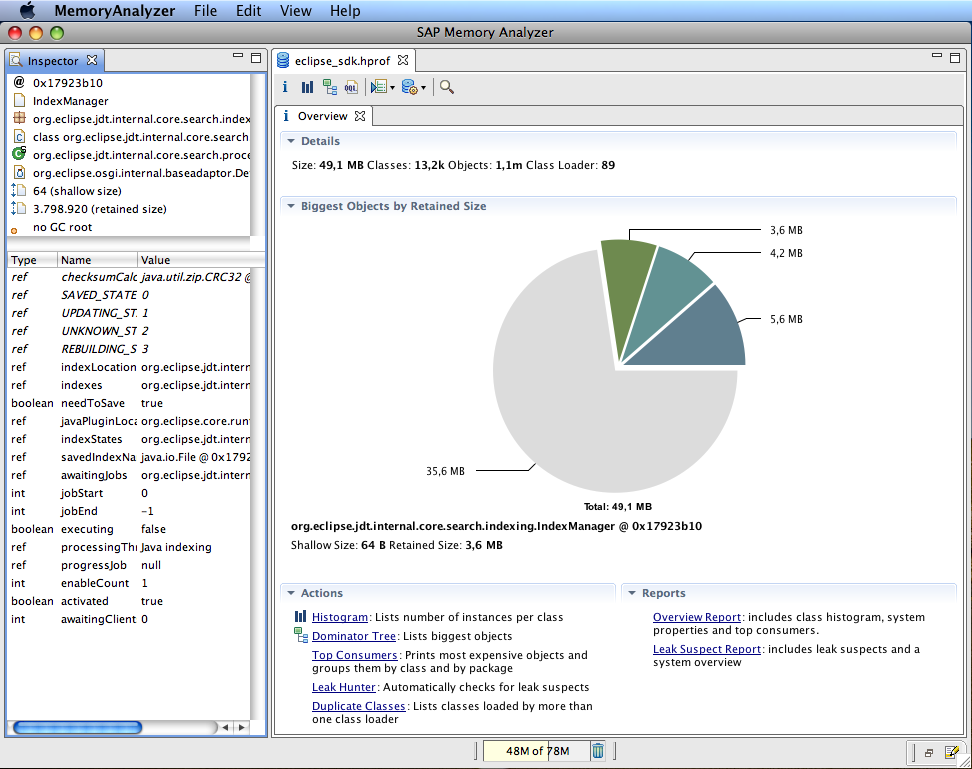
– Sincerely, Jaroslav Rafa
***@ap.krakow.pl
–
Spam, Wirusy, spyware … masz doÅ ›Ä ‡? Jest alternatywa!
http://www.firefox.pl/ — http://www.thunderbird.pl/
Shibzei. atwiej. Bezpieczniej. The Internet takes Yak Lyubish.
Post by Yaroshav Rafa
So my question is always hesitating …
It’s good that you found it. Sorry for the confusion. My example is only taken from the AIX
5.3 docs, not from Solaris.
Football team post
Based on the example in the policy document, it looks like you can
Updated
Are you tired of your computer running slow? Annoyed by frustrating error messages? ASR Pro is the solution for you! Our recommended tool will quickly diagnose and repair Windows issues while dramatically increasing system performance. So don't wait any longer, download ASR Pro today!

When publishing a football match
int match (char * string, char * pattern, regex_t * re)
int status;
if ((status = regcomp (re, pattern, REG_EXTENDED))! = 0)
return (status);
status = regexec (re, string, 0, NULL, 0);
return (status);
Hmm … which document is used (for which operating system)?
On Solaris, I have a contrasting example in the manual. Match ()
#include
/ *
* Matches an extended regular formula string in the
* pattern, errors are treated as “match”.
*
* returns 1 for a match, 0 for a complete match
* /
int
match (const char Char * string, * pattern)
REG_NOSUB)! = 0)
returns (0); / * Error while saving data * /
status = regexec (& re, string, (size_t) 0, NULL, 0);
regfree (& re);
if (status! = 0)
return (0); / * Report a bug * /
return (1);
This compiles the RE, compares it, and then rebuilds it. But you need to do “one more time”,
there might be a local variable here, and the function is destroyed after
return …
Ok, the assumption is still unsolved for me. ..
–
Tips För Att åtgärda Kompilerade Minnesläckor Med Reguljärt Uttryck
컴파일된 정규식 메모리 누수 수정을 위한 팁
Consejos Para Corregir Pérdidas De Memoria De Expresiones Regulares Compiladas
Tipps Zum Beheben Von Speicherlecks Bei Kompilierten Regulären Ausdrücken
Conseils Pour Corriger Les Fuites De Mémoire D’expressions Régulières Compilées
Suggerimenti Per La Correzione Delle Perdite Di Memoria Delle Espressioni Regolari Compilate
Tips Voor Het Oplossen Van Gecompileerde Geheugenlekken In Reguliere Expressies
Dicas Para Corrigir Vazamentos De Memória De Expressão Regular Compilada
Wskazówki Dotyczące Naprawiania Wycieków Pamięci Skompilowanych Wyrażeń Regularnych
Советы по устранению утечек памяти при компиляции регулярных выражений



